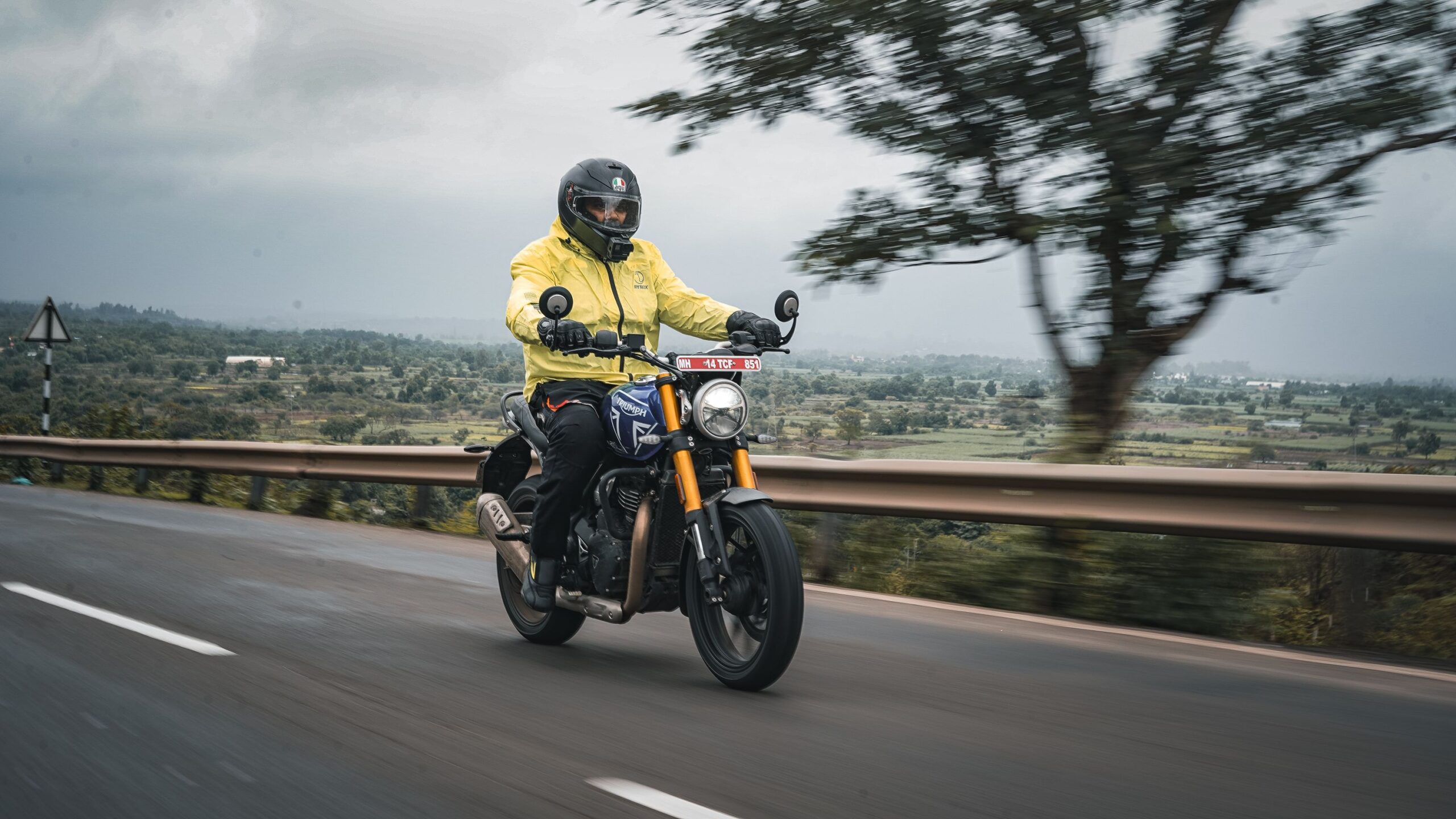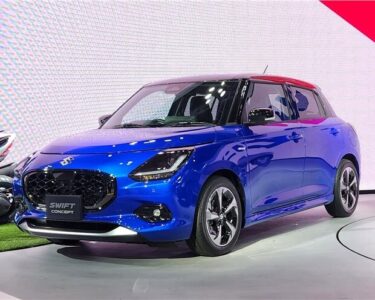The current ban on two-wheelers on India’s fast expressways raises questions about the need for such restrictions. While it’s true that some car drivers may perceive bikers as obstacles on highways, it’s important to consider the behavior of modern big bike riders, who are often well-mannered and responsible. To improve the situation, we should focus on allowing big bikes (600cc and above) on expressways. These bikes are capable of higher speeds and can safely handle the expressway conditions. The flourishing superbike segment in India and the increasing number of riders in this category indicate a need for suitable roads to enjoy their powerful machines, and expressways could be the best option.
Considering the significant taxes collected from buyers of these expensive bikes, banning them entirely from expressways might seem disloyal. Instead, the government could introduce multiple levels of two-wheeler licenses based on age and engine displacement. Older and more experienced riders with big bikes could be granted a specialized “super license” after passing rigorous tests, allowing them to ride on expressways. Although implementing such a system won’t be easy, it’s worth considering to ensure responsible and capable riders get access to expressways. Moreover, riders who can afford superbikes are likely willing to pay additional fees for this privilege, including higher toll charges.
Making changes to allow big bikes on expressways and introducing a specialized license for them could indeed create a win-win situation for both the government and the bikers. Let’s break down the reasons why these changes might be necessary:
- Improved Safety: A specialized “super license” would require rigorous training, making sure that only responsible and skilled riders are allowed on expressways. This, in turn, would enhance road safety and reduce accidents caused by inexperienced or reckless riders.
- Reducing Misuse: By implementing a more time-consuming and expensive process to obtain the specialized license, the government can discourage reckless or unqualified individuals from riding big bikes on expressways, thus helping to filter out those who might misuse the privilege.
- Encouraging Compliance: With enough roads to fully enjoy their big bikes, bikers would be more inclined to purchase these bikes and obtain the required license, thereby complying with the law and regulations set by the government.
- Boosting the Economy: The growing popularity of the superbike segment and increased spending by bikers to obtain the super license could have positive economic implications, creating opportunities for training schools, dealerships, and associated businesses.
- Enhanced Comfort and Convenience: Allowing big bikes on expressways would provide bikers with the opportunity to travel long distances in supreme comfort, promoting tourism and making road travel more enjoyable for enthusiasts.
Overall, these changes seem necessary as they address safety concerns, promote responsible riding, and provide economic benefits. However, implementing such changes requires careful planning and consideration from the government to strike a balance between accessibility, safety, and convenience for bikers and other road users. In conclusion, a thoughtful approach to licensing and regulation could balance the interests of bikers and other road users while allowing enthusiasts to enjoy their powerful bikes on India’s expressways safely and responsibly.





